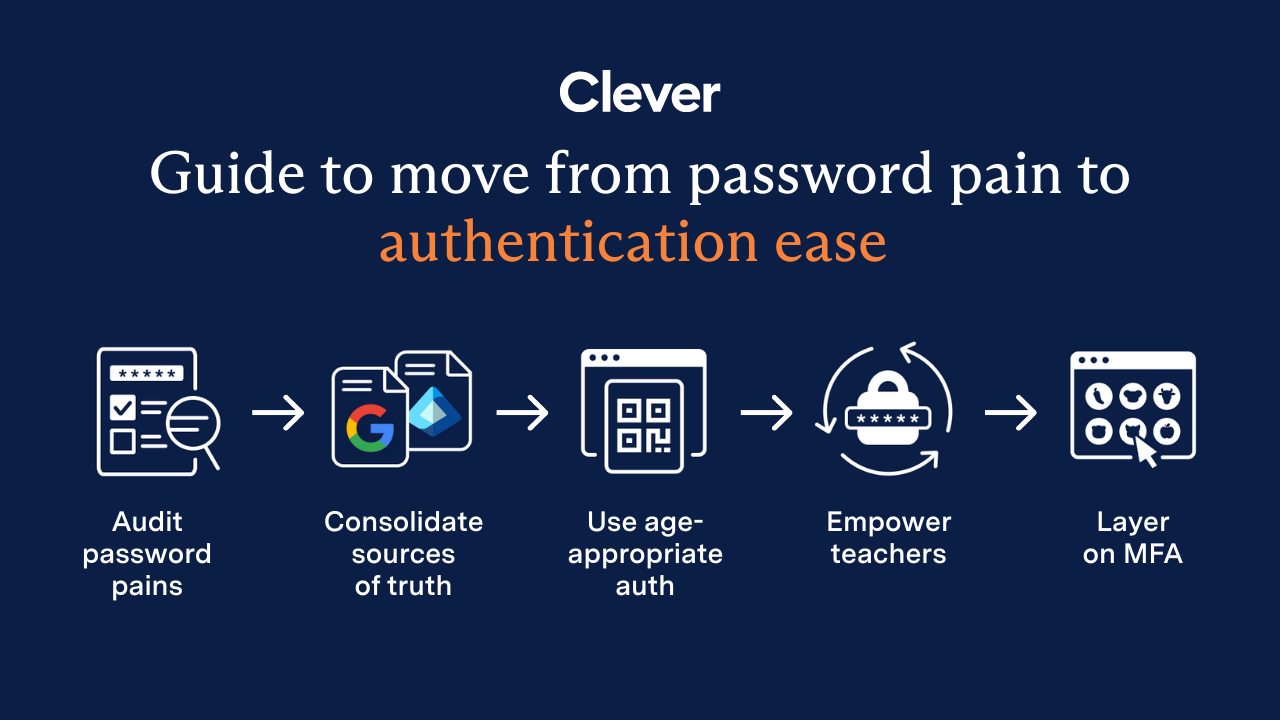Breaking down the ACLU’s new 16-state privacy legislation blitz
With the federal government stepping back in education, the ACLU is asking states to step up with new student data privacy bills. Read on for our state-by-state analysis.
As the ink dries on the newly ratified Every Student Succeeds Act (the 15-years-in-the-making update to No Child Left Behind) the 50 states are working through just how to tackle the educational responsibilities they’ve inherited since the Act lifted them from the hands of federal government.
In fact, the bill is the first to narrow the federal government’s role in elementary and secondary education since the 1980s, shifting federal accountability provisions to states.
And now, the ACLU worked with 16 of those states (and DC) to be sure that states have solid protections in place for student data privacy in their schools. On January 20, the ACLU teamed with state congresses to introduce legislation that address issues such as requiring permission before student data is shared for non-educational purposes as well as employee data privacy, location tracking, and electronic communications.
Seven of those 16 states, as well as the District of Columbia, introduced bills specific to student data privacy. The bills fall into four main categories, and you can read more about them here at via the links below.
Here’s a rundown of where the seven states and D.C. stand:
- Connecticut and Hawaii are all-in. These are the only two states to introduce to the floor the full slate of student data privacy bills in what is called the Omnibus bill. In Hawaii, it is Representative Matthew LoPresti who is carrying the torch. LoPresti explained: “Today, I stand with fellow legislators across the country to affirm our states’ and nation’s commitment to protecting Americans’ privacy. I am introducing common-sense measures to protect the privacy of students and employees in Hawai`i. Governments and businesses should work to protect individuals’ privacy, not violate it.”
- Alaska, Missouri and North Carolina are keeping it social. These three have focused their efforts entirely on protecting the privacy of their students’ personal online presence by prohibiting school officials and educators from demanding kids hand over their Facebook passwords, as well as those to other social media websites and apps. In Alaska, it was Representative Andy Josephson to introduce the bill. “I think here in Alaska the idea that we should be able to control what we want to share and with whom we want to share it — and that it shouldn’t be open to all of our bosses and teachers and principals — resonates with the state,” he said to the Associated Press.
- Washington DC got in on the social networking privacy party as well, but went further to introduce protections for the data that students are assigned for individual use by schools.
- Alabama and Minnesota focus in on the SIS. Both of these states locked in on the heart of the student data infrastructure: the Student Information Systems that schools use to store their student roster information and other personally identifiable information. Minnesota is taking its protections a step further than Alabama, also introducing a bill to protect the privacy of students’ personal technology devices and the data within them. Washington DC introduced a similar personal tech bill as well.
Of course these are just the opening moves in each state’s legislative process. Interested readers can track the bills’ progress directly from ACLU’s TakeCTRL project page. We’ll keep an eye on it too.

More to read

December 23, 2025
End password chaos: The 5-step guide to secure, age-appropriate logins in schoolsSchool IT departments — take these 5 steps to offload the burden of manual password resets while improving cybersecurity for classrooms.
December 10, 2025
Wonde vs. Clever: 2025 Side-by-Side ComparisonWhen it comes to choosing the right edtech platform for your school or trust, there’s a lot to consider. Can it sync reliably with your Management Information System (MIS)? Support secure logins for every user, on every device? Scale across multiple schools without overloading your IT team? Wonde and Clever are two of the most […]

October 21, 2025
Stop the Sticky Notes: Bend-La Pine’s Simple, Secure Fix for Substitute Teacher AccessRobbie Faith, an instructional technology coach at Bend-La Pine Schools, successfully implemented a Clever feature to streamline secure access to digital resources for short-term substitutes, leading to more effective sub planning for teachers, increased confidence for subs, and more consistent learning for students.



















